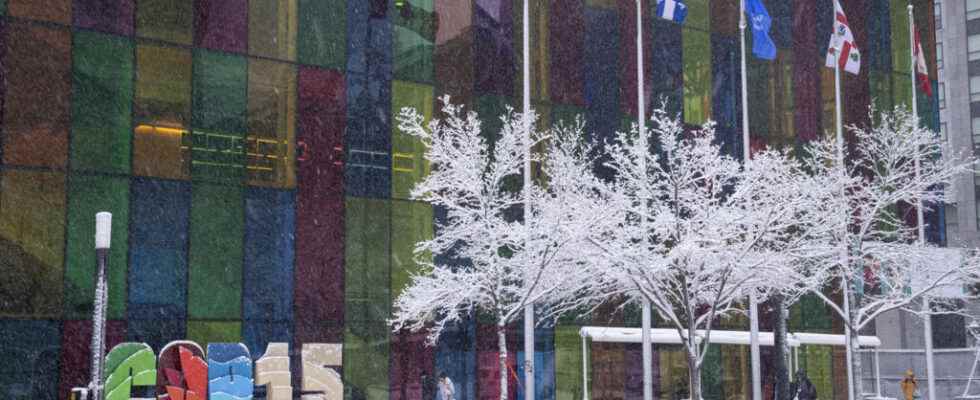As climate change hits ever harder and we are witnessing the mass extinction of plant and animal species, activists are criticizing the French media and want these subjects to be covered more and better. The QuotaClimat association has just compared the treatment in the country of the FIFA World Cup in Qatar and that reserved for the COP15 biodiversity in Canada.
You could say it’s the Biodiversity World Cup, the moment when all the countries of the world come together to try to stop the collapse of life. And yet, COP15 biodiversity occupied only 0.3% of media space.
This is 20 times less than the Football World Cup, according to Eva Morel, co-president of QuotaClimat: “ We speak very little about environmental issues, even though we have an event that has destructive environmental impacts and that in addition, we speak in a way that is largely overrepresented and much more important about one event compared to another that seems unreasonable. in view of the stakes which are not the same on both sides “.
” The ecological crisis is the mother of all battles »
The association campaigns for the climate and the environment to take on more importance in the media: “ During the Covid crisis, health issues occupied up to 75% of media space. We said to ourselves, it’s true that the health crisis was a major crisis, but the ecological crisis is the mother of all battles. If we do not talk about it, it is the conditions of habitability of the planet that are called into question. So, it would be interesting to be able to allocate a significant quota of time to these issues, and why not 20%. We are not fixed on the 20%, but it is a matter of saying, it must increase considerably in the public debate “.
Because the scientists of the Intergovernmental Panel on Climate Change (IPCC) believe that the media have a crucial role to play in the public’s perception of the climate crisis and its will to act.
Same problem in Africa on the media treatment reserved for the environment
In Africa too, the media do not sufficiently take the measure of the climate crisis, according to Didier Hubert Madafime, journalist for the Beninese National Radio and coordinator of Pamacc in Benin, the network of African media and journalists dedicated to climate change. “ Journalists are not trained in these different areas. So they don’t do feature articles. They don’t explain enough, because these issues are recent in Africa: environmental issues, climate change issues. It’s not easy to explain them if you haven’t been trained beforehand. It is not enough, the populations are not sufficiently informedsays Didier Hubert Madafime. A farmer who usually waits for the rain from March, and if the rain doesn’t come, you have to be able to explain to him that the cycle of the seasons is disrupted. If he does not understand, he cannot act. »
►Also listen: Change of air – Climate : a decrease in pollution leads to an increase in greenhouse gases
